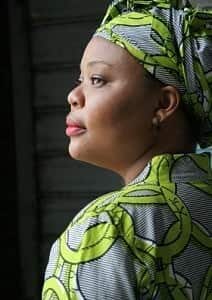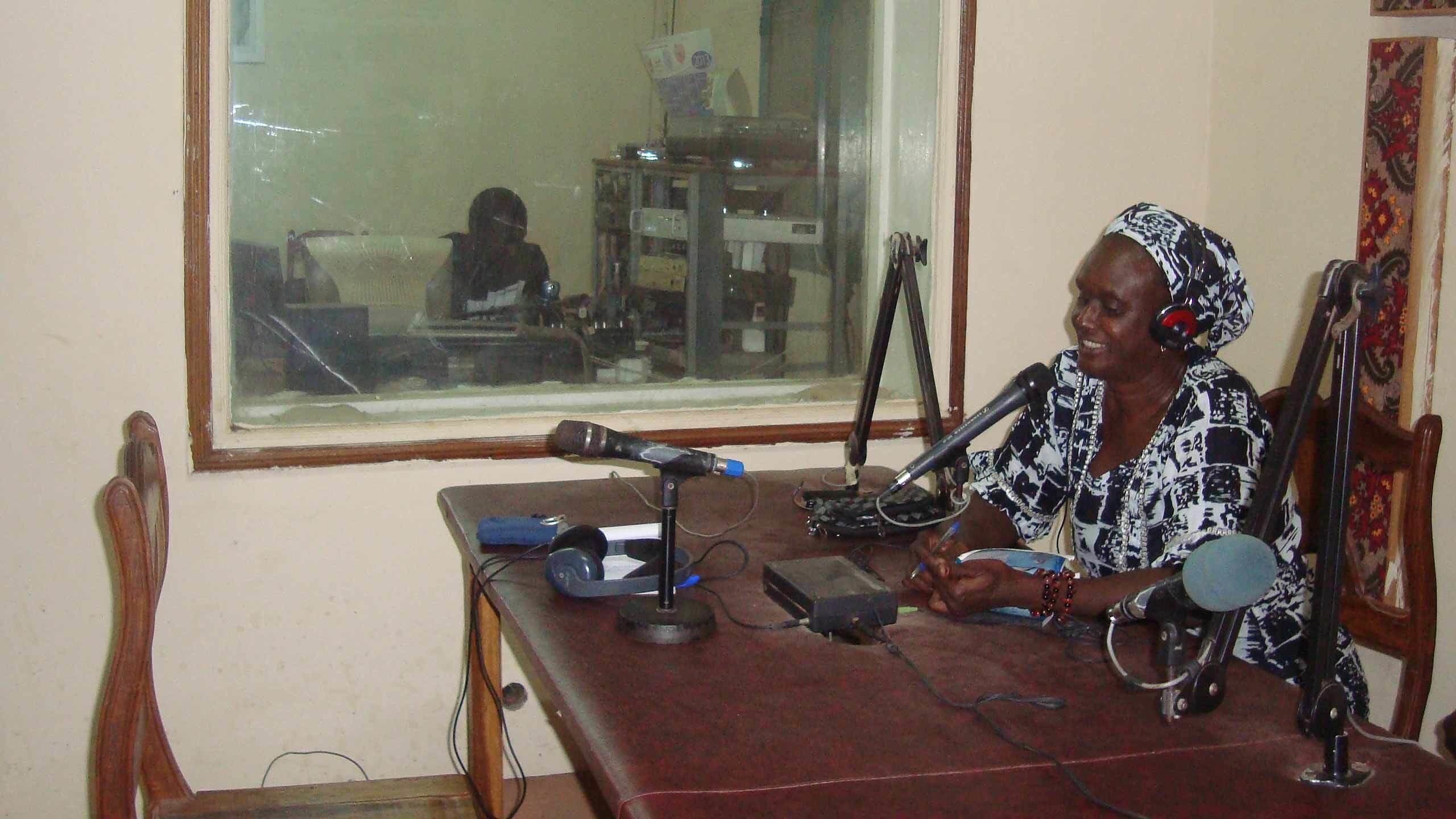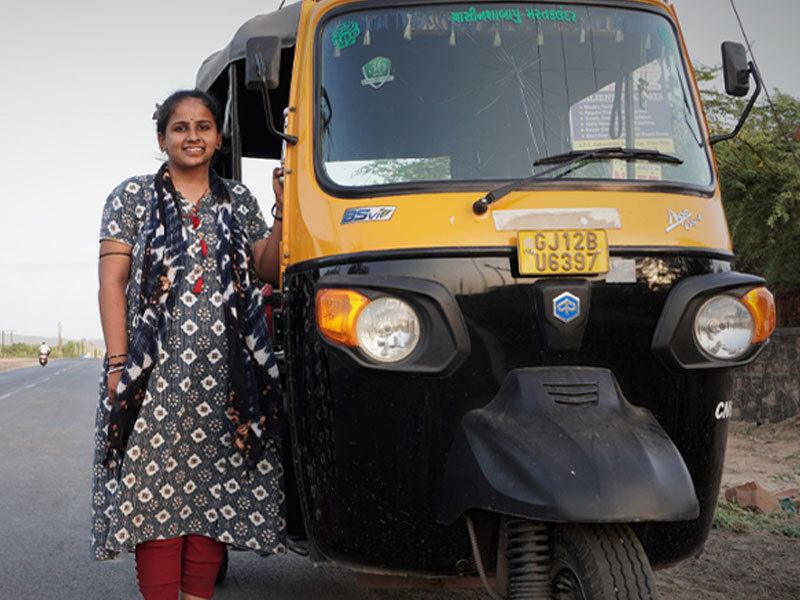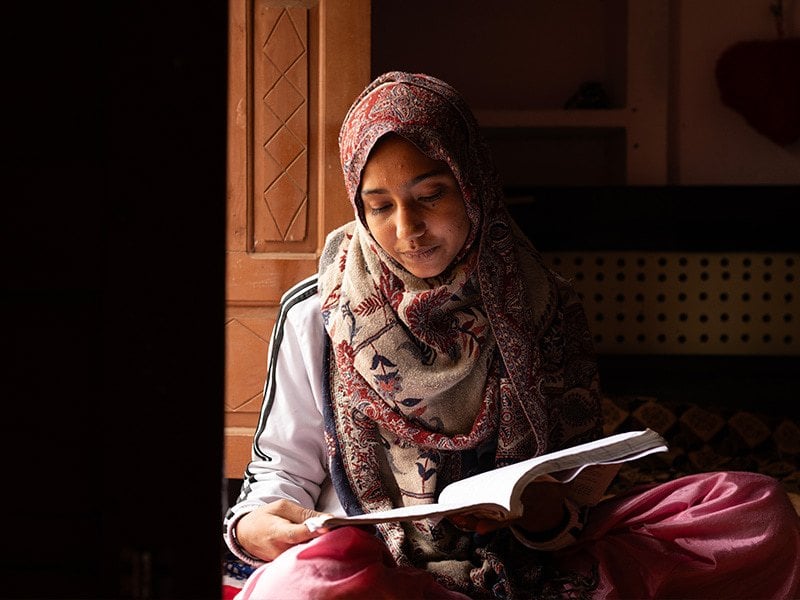For 40 years, AJWS has been advocating for global justice and equality, and women’s rights have been an essential part of that fight. Feminist activists supported by AJWS have addressed many of the most pressing issues facing women and girls worldwide, from early, child and forced marriage to abuse like genital cutting and gender-based violence.
AJWS’s support is not limited to organizations that work specifically for the rights of women and girls; our feminist approach is baked into every grant we make. We also support groups working toward land rights for Indigenous people, democracy, LGBTQI+ rights and more. AJWS uplifts groups that, no matter what issue they are tackling, are responsive to the unique needs of women and girls and, in many cases, are led by women.
At this moment of increased attacks on human rights worldwide, we want to take a moment to honor the 40 years of hard work by AJWS partners to build a more feminist and inclusive future. We are pleased to share a few of our partners’ inspiring victories since our founding.
A breakthrough that started in villages and spanned a continent
More than 230 million girls and women alive today have undergone female genital mutilation (FGM), a practice that can lead to lasting physical ailments and even be life-threatening. In addition to undergoing this cruel procedure, many women and girls also faced early marriage and were forced to end their education, leaving them with little say over their futures. In Senegal, AJWS partner Tostan led a campaign against female genital mutilation (FGM) — and won! The group, which was founded in 1991, catalyzed a powerful movement by educating Senegalese people about their health and rights. Tostan (which means “breakthrough” in the Wolof language) not only persuaded villages and the Senegalese government to put an end to FGM, but other countries modeled their anti-FGM campaigns after the group’s example.
Women’s voices are essential for peace
 Leymah Roberta Gbowee, director of our partner Women Peace and Security Network-Africa (WIPSEN), played a pivotal role in bringing an end to Liberia’s devastating 14-year civil war. Together with activists from the Liberian women’s movement, Leymah mobilized women from every corner of the west African nation to work for peace. She also fought to ensure that women were able to participate in politics and in rebuilding the country. In recognition of her incredible work, Leymah was awarded the Nobel Peace Prize in 2011.
Leymah Roberta Gbowee, director of our partner Women Peace and Security Network-Africa (WIPSEN), played a pivotal role in bringing an end to Liberia’s devastating 14-year civil war. Together with activists from the Liberian women’s movement, Leymah mobilized women from every corner of the west African nation to work for peace. She also fought to ensure that women were able to participate in politics and in rebuilding the country. In recognition of her incredible work, Leymah was awarded the Nobel Peace Prize in 2011.
Women in India brought their case to the Supreme Court, and won
In India, the practice of “triple talaq,” which had allowed Muslim men to divorce their wives merely by saying or writing the word “talaq” (divorce) three times had been widespread and imperiled the rights of the country’s 90 million women. The practice gave men an unfair amount of power and control in their marriages. Most Muslim women divorced by triple talaq never received alimony or child support payments. For many years, AJWS partners challenged laws in their communities that restricted women’s rights while teaching women and girls how to advocate for themselves. And in 2017, they had a breakthrough: after a 30-year battle from dedicated activists supported by AJWS, the Supreme Court of India struck down “triple talaq” once and for all.







